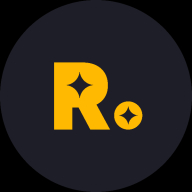Cartify: Decision-Making Process and Rationale
Introduction
The design of Cartify aims to deliver a shopping experience that is intuitive, visually pleasing, and user-centred. From the moment users open the app to the final confirmation of their order, every detail is carefully crafted to ensure simplicity, functionality, and satisfaction. Here's a detailed breakdown of each screen and its design rationale.
1. Splash Screen
- Purpose: Establish brand identity and create a professional first impression.
- Key Design Elements:
- Center-aligned logo for clear visibility.
- Clean white background to focus attention on the brand.
- Impact: Provides a smooth introduction while maintaining a modern aesthetic.
2. Login Screen
- Purpose: Enable quick and easy access for users.
- Key Design Elements:
- Input fields for email and password with clear placeholders.
- "Continue with Google" for single-click login.
- "Remember me" checkbox and "Forgot password?" option for convenience.
- The register link subtly encourages new users to sign up.
- Impact: Streamlined design ensures users can log in without hassle.
3. Home Screen
- Purpose: Highlight offers and promote product discovery.
- Key Design Elements:
- Prominent banner showcasing deals like "20% OFF on Selected Sports Style."
- Clean "Popular" section displaying products with consistent card design.
- Bottom navigation bar with intuitive icons for Home, Favorites, Cart, and Profile.
- Impact: Balanced visuals and functionality create an engaging browsing experience.
4. Search Screen
- Purpose: Make it easy for users to find products quickly.
- Key Design Elements:
- Search bar with placeholder text like "Search for products, brands, or categories."
- Recent searches are displayed for convenience.
- Personalized product recommendations tailored to user interests.
- Filter icon for easy refinement of search results.
- Impact: Simplifies the search process, reducing time spent looking for items.
5. Product Grid Screen
- Purpose: Display a wide range of products in an organized manner.
- Key Design Elements:
- Uniform product cards with clear visuals, pricing, and discounts.
- Sorting options for customization (e.g., by price, popularity).
- Ample white space to prevent visual clutter.
- Impact: Provides a clean and structured view of products, enhancing usability.
6. Product Detail Screen
- Purpose: Give users all the information needed to make a purchase decision.
- Key Design Elements:
- High-quality images are displayed in a carousel for detailed product views.
- Pricing breakdown with original and discounted prices, including percentage savings.
- Interactive size selectors, with unavailable sizes, greyed out.
- Prominent "Add to Cart" button for easy next steps.
- Impact: Helps users make informed decisions with confidence.
7. Checkout Screen
- Purpose: Ensure a seamless and secure checkout process.
- Key Design Elements:
- Step-by-step progress indicator showing Checkout → Payment → Confirmation.
- Multiple payment options with recognizable logos (e.g., Apple Pay, PayPal, Visa).
- Field for entering promo codes without disrupting the layout.
- The total price is prominently displayed to reduce uncertainty.
- Impact: Builds trust and reduces cart abandonment by streamlining the checkout process.
8. Payment Screen
- Purpose: Offer a secure and user-friendly payment experience.
- Key Design Elements:
- Clear labels and placeholders for card details (e.g., "Enter full name as it appears on your card.").
- Real-time validation feedback for errors (red for issues, green for success).
- Stripe badge for added security and trust.
- Impact: Simplifies payment while reassuring users about security.
9. Confirmation Screen
- Purpose: Provide closure and reassurance post-purchase.
- Key Design Elements:
- Success message with visual checkmarks to confirm order completion.
- Order details, including ID, delivery address, and estimated delivery time.
- Option to track the order with a clear call-to-action.
- Impact: Reduces post-purchase anxiety by keeping users informed.
10. Delivery Information Screen
- Purpose: Keep users updated on the status of their orders.
- Key Design Elements:
- Step-by-step delivery timeline with timestamps for each milestone.
- Highlighted the most recent update for clarity.
- Minimalistic layout to ensure easy scanning of information.
- Impact: Enhances user trust and satisfaction by offering transparency.
Conclusion
- Key Takeaways:
- Consistency: Uniform design elements across screens create a cohesive user experience.
- Clarity: A clear visual hierarchy ensures users can navigate and act effortlessly.
- Trust: Security-focused elements like validation feedback and the Stripe badge build confidence.
- Delight: Subtle design choices, such as intuitive navigation and clean layouts, make shopping enjoyable.
By prioritizing user needs at every stage, Cartify transforms online shopping into a seamless and delightful experience.
Tools used
From brief
Topics
Share
Reviews
2 reviews
Thanks for your sub, Nischhal!
You did a great job here with this project! I like the flow and the fact that you didn't come up with something unusual for the user. There are a few UI errors (for example containers of steppers are not arranged), but what is more important is :
- if I have a MasterCard/Maestro I cannot pay?
- the promo code looks like is unavailable.
- i don't know why, but i feel the need to emphasize the fact that is safe to put your card here on step 2. This will help abandon the cart rate
Great vibes only!
You did really great good!
You created really nice stepper. But the central item seems a bit uncentred.
I am surprised that you designed such a big flow that contains login, search and full checkout. All elements are consistent.
The font size of body text seems too small. Also, I guess it would be better to make it bigger.
I like your flow. Keep doing it 😊
You might also like
SiteScope - Progress Tracking App
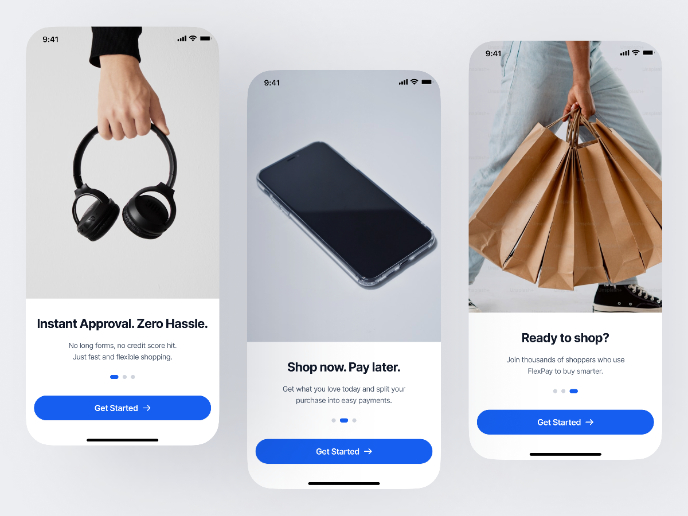
FlexPay
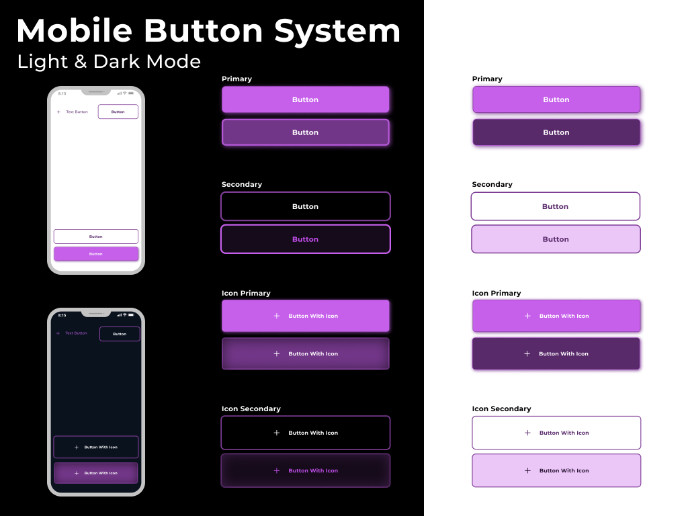
Mobile Button System

CJM for Co-Working Space - WeWork
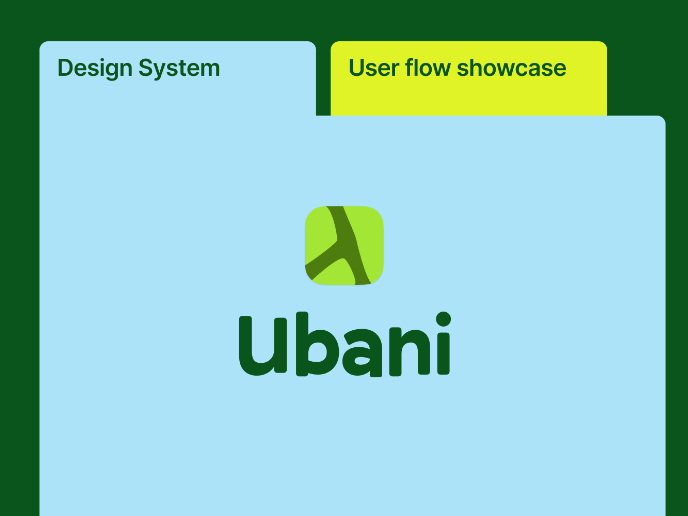
Ubani Design System
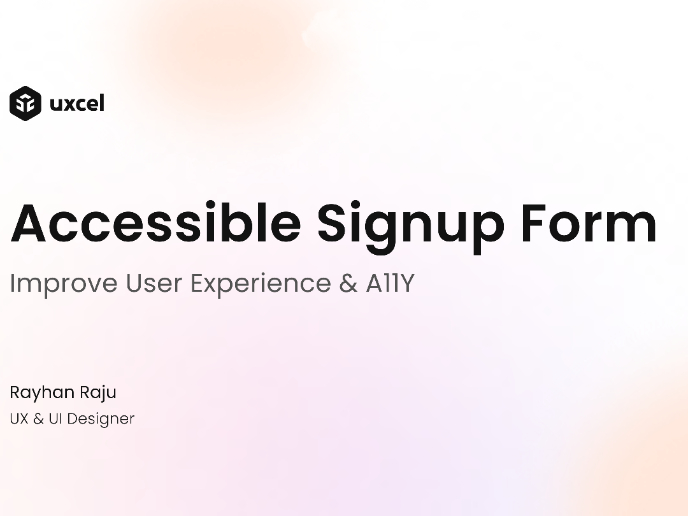
Accessible Signup Form for SaaS Platform
Interaction Design Courses

UX Design Foundations

Introduction to Figma









